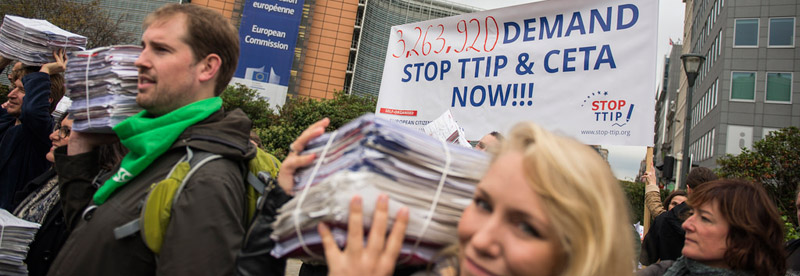Source: The Wall Street Journal
Germany’s government on Wednesday significantly downgraded its forecasts for economic growth, expecting the economy to contract for a second year in a row, as the traditional driver of the eurozone economy continues to trail its peers.
The German economy should contract 0.2% this year, Germany’s economy ministry said in a fall economic projection, considerably lower than the 0.3% rise it anticipated in April.
That would mean Germany’s economy would shrink for the second-straight year—it contracted 0.3% in 2023—for the first time since the early-2000s. That marks a contrast with other developed economies, such as the U.S., which grew 2.9% last year and 3% in the second quarter of this year on an annualized basis.
Germany has struggled to recover from the economic hit from Russia’s full-scale invasion of Ukraine, which caused energy prices to spike, scarring its energy-intensive manufacturing sector that has yet to recover its pre-pandemic output. [More accurately sanctions and Nord Stream closure are the cause.]
Europe’s largest economy is also weakly placed as a typically export-driven nation amid the recent global economic slowdown, with demand for German goods in China tailing off.
The economy minister, Robert Habeck, said Wednesday that Germany also has less leeway to stimulate the economy than other leading nations, including the U.S., due to a constitutionally enshrined fiscal rule that prohibits large deficits.
The economic situation is particularly pressing for the ruling coalition government, which has faced internal divisions as the country gears up for an election next year.
However, Habeck said rising purchasing power as inflation cools, alongside higher wage settlements and lower European Central Bank interest rates will stimulate spending in the year ahead.
Berlin expects gross domestic product to rise 1.1% in 2025 and 1.6% in 2026, as private consumption and a recovery of exports help boost growth.
The ECB is widely expected to reduce its key interest rate at its second meeting in a row next week, as signals indicating the economy is growing more slowly and price rises easing more rapidly than expected appear to have persuaded rate setters they can move more quickly than previously anticipated.
The head of the Bank of France, Francois Villeroy de Galhau, said in an interview Wednesday that the central bank would “very likely” cut its key rate on Oct. 17.
Germany’s government expects inflation to fall from an average of 5.9% last year to 2.2% in 2024 and 2.0% in 2025—the latter matching the ECB’s target.













No comments.
By submitting a comment you grant Free West Media a perpetual license to reproduce your words and name/web site in attribution. Inappropriate and irrelevant comments will be removed at an admin’s discretion. Your email is used for verification purposes only, it will never be shared.